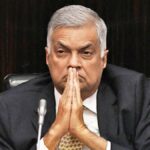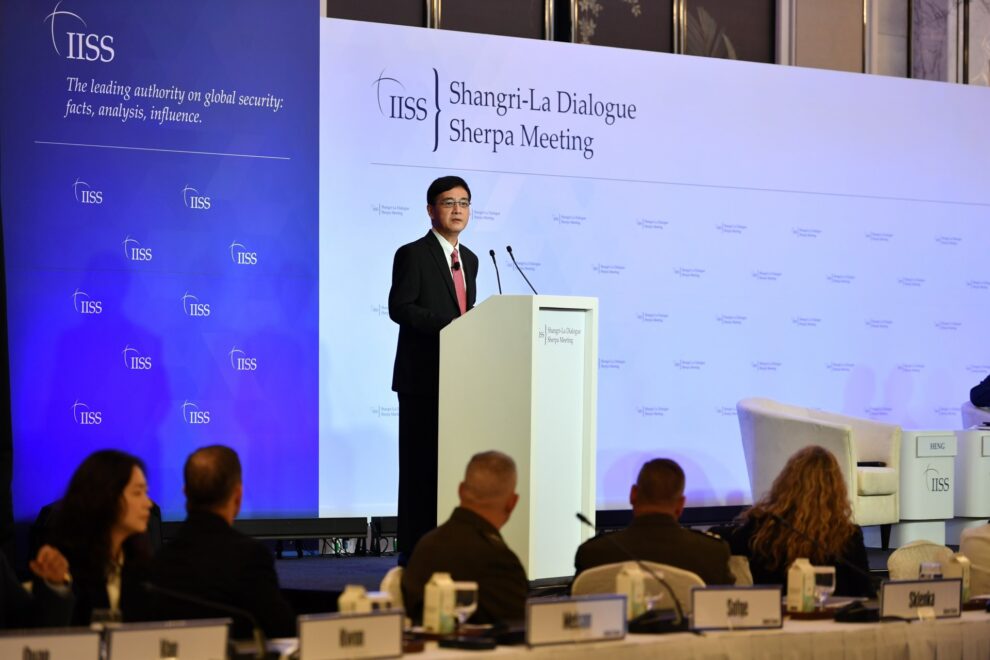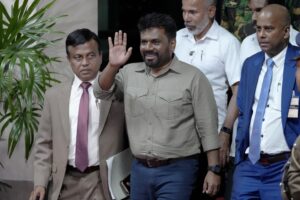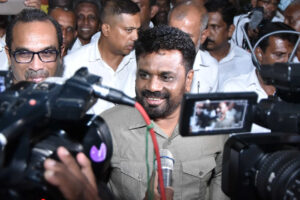Toronto, Atlanta (22/10 – 66)
A recent, and eminently reasonable, proposal to pause the military confrontation between Russia and Ukraine was presented by Indonesian Defense Minister Prabowo Subianto during the 20th IISS Shangri-La Dialogue, held in Singapore on June 3, 2023. Minister Prabowo, a retired and much-decorated General, suggested the two sides declare a ceasefire, to be followed by the creation of a demilitarized zone on the battlefield. The proposed truce would be monitored by United Nations peacekeeping forces, followed by a UN-monitored referendum to determine which country the disputed territories should join.
Most third-world participants – and those from ASEAN nations in particular – listened carefully and generally responded with cautious interest; NATO-allied members howled with outrage, demanding as ever that Russian Federation forces retreat to the 2014 border, and hustle V. Putin to Den Haag for a war crimes tribunal. The likelihood of that happening is the same as an intergalactic peace council descending over Donbass in a fleet of flying saucers, enforcing tranquility on human combatants and handing out free champagne and chocolates to all concerned.
The mostly-unwelcome proposal of Minister Prabowo accurately reflects the prevailing foreign policy stance of eight of the ten members of ASEAN, an organization evolved from a “compromised” beginning: it sprang forth from the forehead of Zeus (actually John Foster Dulles, his stand-in) in 1957, at the height of the Cold War, as the “South East Asia Treaty Organization” (SEATO), an anti-communist league ginned up by Washington to fight the Rolling Red Tide.
The West, and its allies in East Asia, were alarmed and dismayed by the rise of Marxist rebel movements, inspired and egged on by Moscow and Beijing, across the region: Thailand, the Philippines, Malaysia and Indonesia all looked as though their fledgling democratic governments might succumb to a Red China-type of revolution. The Communist Party of Indonesia (PKI), third-largest in the world, was on the brink of a successful takeover when the Indonesian military stepped in to rescue the Republic. A bad period followed but the Marxists were routed.
The current ASEAN roster of Myanmar (formerly Burma), Malaysia, Singapore and Indonesia maintain a studiously polite-but-unaligned foreign police stance, while tiny, swimming-in-oil Islamic monarchy Brunei (the “Shellfare State”) is under the wing of the British; Cambodia, Laos and Vietnam fell to the Marxists, after decades of tragedy and bloodshed. They had to find out the hard way that Marxism does not work, and are today competing with their openly capitalist neighbors for the world’s markets.
The sad exception to such official “non-alignment” is the Philippines, a war prize won by the USA at the conclusion of the Spanish-American War. It is ceaselessly bullied, intimidated and cowed by its former masters (Dictator Ferdinand Marcos was an obedient comprador for the Americans). Every time there is a hesitant move away from Uncle Sam’s iron grip, the PLA says “Boo!” and the American military bases open up again.
Other members of ASEAN, remembering the humiliation of exploitative French, English and Dutch colonizers, steer clear of foreign entanglements – particularly military alliances. The bloodletting of Korea, Vietnam and Cambodia became an object lesson in caution: NATO will defend Ukraine down to the last Ukrainian.
Brilliant, zany, unpredictable President Soekarno, Indonesia’s “Proklamator”, organized the 1955 Bandung Conference, inviting some 29 “non-aligned” countries, representing over half the population of the planet. Looked upon with suspicion and displeasure by the Cold Warrior Dulles brothers (“You’re either with us or you’re against us”) the Conference gave a voice to formerly downtrodden third-world nations struggling to develop without being dragged into alliances that could turn out to be unfavorable or tragic. The Vietnam War was partially an example of such a danger.
Governments of Burma, India, Indonesia, Pakistan and Sri Lanka co-sponsored the Bandung Conference, and brought together an additional twenty-four nations from Asia, Africa and the Middle East. Decolonization was ongoing, so delegates at the Conference spoke up for other colonized peoples (especially those in Africa) who had not yet established independent governments. Delegates built upon “Five Principles of Peaceful Coexistence”, worked out in negotiations between India and China in 1954, as they sought to build solidarity among recently-independent nations.
Such a stalwart non-aligned policy thus explains Malaysian Prime Minister Anwar Ibrahim’s refusal to condemn Hamas, after the recent unpleasantness at the Israeli border. Also, for the Malaysians, religious affiliation trumps political affiliation. Muslims stick with Muslims, in case you hadn’t noticed.















